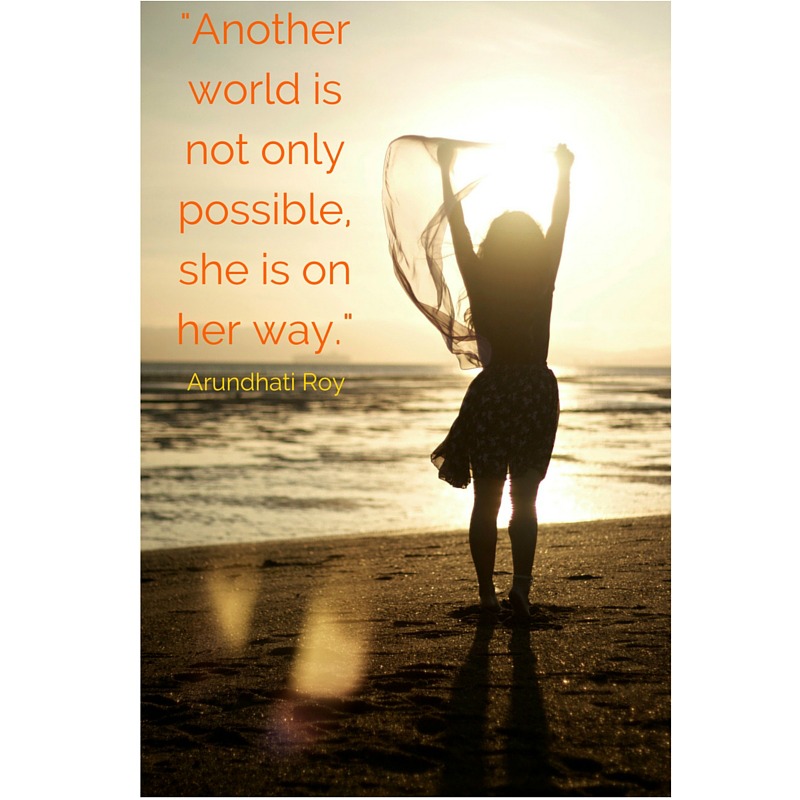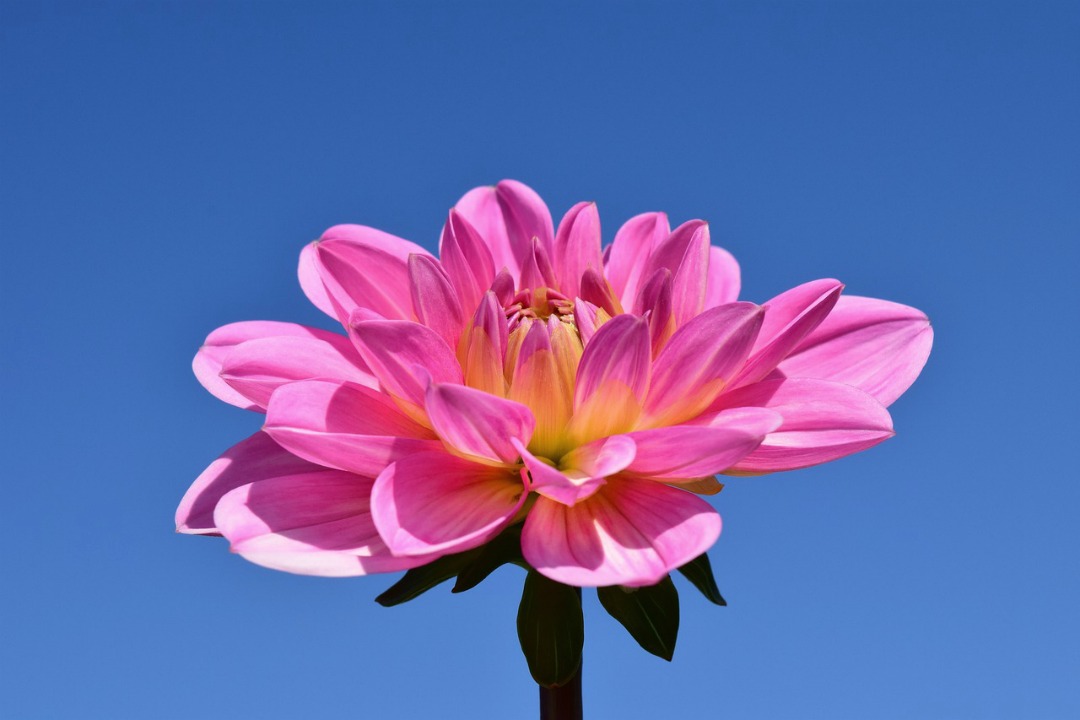In preparation for my annual “Word of the Year” post, I went back and looked through previous posts on this topic. I found it really interesting to see how my attention has shifted over the years, from hygge (the Danish word for “cozy contentment”) to challenge (a much more ambitious undertaking.) But one thing is certain: when I chose today as my word of the year for 2020, I had no idea how ironic a selection that would become. Since around March 15th, I’ve been more or less living the same day over and over again. That’s the nature of life in a pandemic.
To say that I’m anxious to put 2020 behind me would a huge understatement. Even though I recognize nothing major will change on the morning of January 1, I’m ready for a fresh start and the sense of possibility that comes with it. Perhaps that’s why I’ve chosen Open as my word of the year for 2021.
Open is one of those words that functions in many ways. As a verb, it describes the act of creating space–to open a window or a door. But it can also describe the act of opening ourselves to opportunities and feelings. In that respect, I think of a bud unfolding its petals, opening itself to the sunlight. Quite apart from their beauty, those blossoms open in order to keep a plant alive. Their exposure to the elements is a necessary part of the life cycle.
As an adjective, open can describe an object–like that open door or window. But open can also describe a person. Given how frequently people says things to me like “I appreciate your candor,” I think it’s safe to say that I’m often perceived as being very open. But I’m never candid about my feelings–in fact, I’m really good at compartmentalizing them. And when it comes to being open about the need for help? I will make myself sick with anxiety and run myself right into the ground before I ask for assistance. And that’s one of the reasons I’ve chosen open as my focus this year–because it’s not healthy for any of us to go it alone.
The myth of American individualism makes us feel as if taking care of ourselves is the highest good. But the truth is, Americans built towns when they settled the west. They did this because they knew we all need people to help us out, at least once in a while. Many of those who decided to forego community in favor of rugged self-preservation are lost to history. They died when they found themselves sick or badly injured. No one to check in on them when they didn’t show up for church or town meetings. No one to bring them soup while they battled a lingering case of influenza.
And on top of this piece of our cultural history, women are often expected to put themselves at the bottom of any list of concerns. We’re taught to think about our own needs only after meeting those of children, partners, aging parents, siblings, friends, pets . . . the list goes on. To put our needs first is perceived as selfish. But in fact, being open about what we need from others is a critical part of living a healthy life.
Mike and I have always been extremely independent. We’ve had to be, since we don’t live near our extended families. But since his Parkinson’s diagnosis, I’ve had to reconcile myself to the fact that our partnership can’t function the way it has in the past: there are things he simply can’t take care of anymore. And I can’t do everything myself (hard as I might try.) So I’m learning to accept help when it’s offered. For instance, when a friend heard about Mike’s recent hospitalization following a bad fall, she emailed to ask if we had all our legal documents in order–our living wills, durable powers of attorney, etc.. When I admitted that we didn’t, she sent me the documents we needed and instructions for completing them. She even offered to meet in person, if her instructions were confusing.
A former version of myself simply wouldn’t have admitted these were things we needed to take care of. I would have said “We’re good, thanks,” then worried myself into insomnia and spent hours figuring out how to get them done. Instead, this time, I just said Yes, I ‘d really appreciate your help. (Note that my friend didn’t ask “Is there anything I can do for you?” That next step–asking for help–is so much harder than accepting a specific offer of assistance. I’m going to try to keep this in mind when offering help to others and be clear about what I might be able to do, giving them a yes or no option.)
Open has many other possible manifestations, of course. It may end up describing a willingness to try something I hadn’t specifically planned for. (Spontaneity is not, shall we say, my strong suit.) It might mean considering options that present themselves in moments that don’t feel like the “right” time to consider a new opportunity. I don’t plan on taking up skydiving anytime soon–and I don’t think choosing open as my word of the year means I have to say yes to everything. But I can envision dozens of ways that choosing to face the world with an open spirit might shape a year distinctly unlike its predecessor.
And honestly? That’s all I’m looking for in 2021.




No Comments